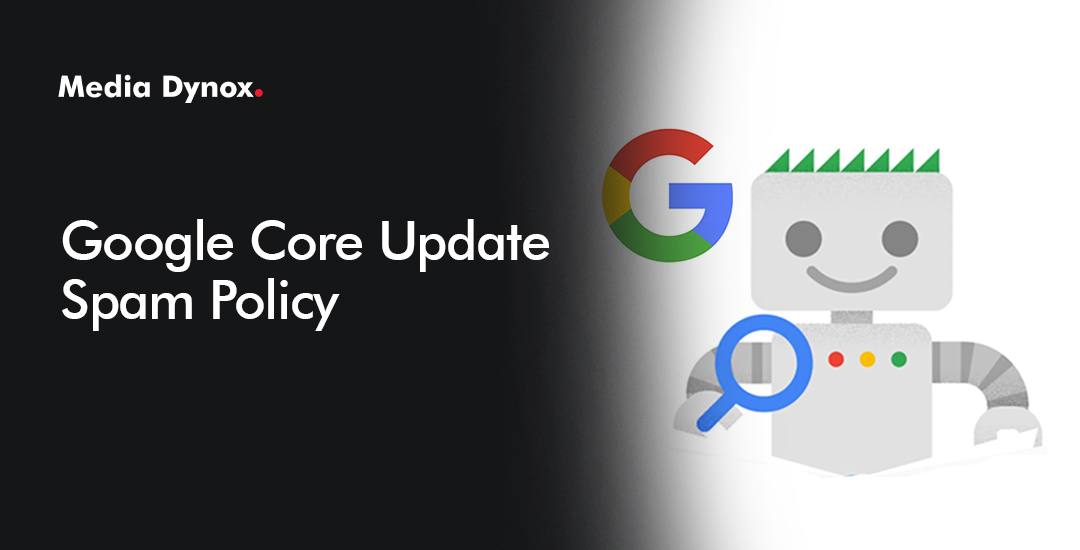
Google says that their March 2024 core update is a far more complex update than their usual core updates as it involves modifying multiple core systems. It is also a milestone achievement in terms of how Google identifies the relevancy of content.
As they use multiple systems to identify reliable information, they have enhanced their core ranking systems to show more helpful results. The new identification system utilizes a variety of innovative signals and approaches to accomplish the task. Contrary to the previous ways, there is no longer one single system or signal used to carry out the task. If you encounter a query while understanding this update, you can head over to Google’s FAQ page where they have explained the change quite well.
As this is a complex update, the rollout may take up to a month. It's likely there will be more fluctuations in rankings than with a regular core update, as different systems get fully updated and reinforce each other. Nonetheless, Google assures everybody to update when the process has been accomplished through Google Search Status.
Let’s take a look at what this update is all about.
The all-new spam approaches are designed to address activities that can contrarily affect the quality of Google's SERP. Now three new spam policies have been introduced that target some common malpractices, Expired Domain Abuse, Scaled Content Abuse, and Site Reputation Abuse.
If you are a content creator, you must survey all of the new spam arrangements and guarantee that you aren't defying either of these policies. The websites that do not comply with the new spam policies may rank lower in the SERPs or not show up at all. In case a website is identified as problematic, the owners shall receive a notification about the same through their registered Search Console.
So, let’s delve deeper into these three policies and understand their mechanisms.
Some people exploit expired domain names to gain an unfair advantage in search results. They purchase the domains that may have been used for reputable websites in the past and then fill them with low-quality content. This is essentially a trick to rank higher in the search results for a different topic altogether. Think of a trusted financial resource that is now pushing low-quality casino content and you would understand the topic better.
These tactics are used by people who value search result rankings more than creating valuable content for users. They're hoping to ride the coattails of the domain's past reputation to get more traffic, even if the content itself is irrelevant or unhelpful. It's important to remember that expired domains are a great option for legitimate websites, as long as the new content is original and serves the user's needs first.
Site reputation abuse is when third-party pages are published with little or no first-party oversight or involvement. The purpose of such practice is to manipulate Search Engine rankings by taking advantage of the first-party site's ranking signals. Such third-party pages include sponsored, advertising, partner, or other pages that are typically independent of a host site's main purpose or produced without the involvement of the host site. Such sites provide little to no value to their visitors.
This new policy doesn't consider all third-party content to be a violation, only that which is hosted without close oversight and which is intended to manipulate SERP rankings. For example, many publications host advertising content that is intended for their regular readers, rather than to primarily manipulate Search rankings. Sometimes called "native advertising" or "advertorial", this kind of content typically wouldn't confuse regular readers of the publication when they find it on the publisher's site directly or when arriving at it from Google's search results. It doesn't have to be blocked from Google Search.
You can find multiple other illustrative examples on Google’s spam policies page lists of what is and isn't site reputation abuse. Such content needs to be blocked from Google Search to avoid violating our spam policies. This new policy will be fully implemented on May 5, 2024, so that site owners have time to prepare for this change.
Scaled content abuse is when many pages are generated for the primary purpose of manipulating search rankings and not helping users. This abusive practice is typically focused on creating large amounts of unoriginal content that provides little to no value to users, no matter how it's created.
This new policy builds on the previous spam policy about automatically generated content, ensuring that proper action can be taken on scaled content abuse. No matter whether the content is produced through automation, human efforts, or some combination of human and automated processes, such content will be dealt with through strict actions.
You Must Know, Search Engine Updates 2024: The Future of Digital Marketing
Conclusion
Google is taking website owners by storm with this new update. On one hand, it seems that the relevancy of search result pages will significantly improve, honing the user experience. On the other, however, as these policies are new and the systems are afresh, we can’t say for sure that their implementation will give sure-shot results. The idea behind this update is indeed benevolent and meant to refine the results. So, if you own a website, it is high time you ensure compatibility with these new policies in order for them to benefit you.